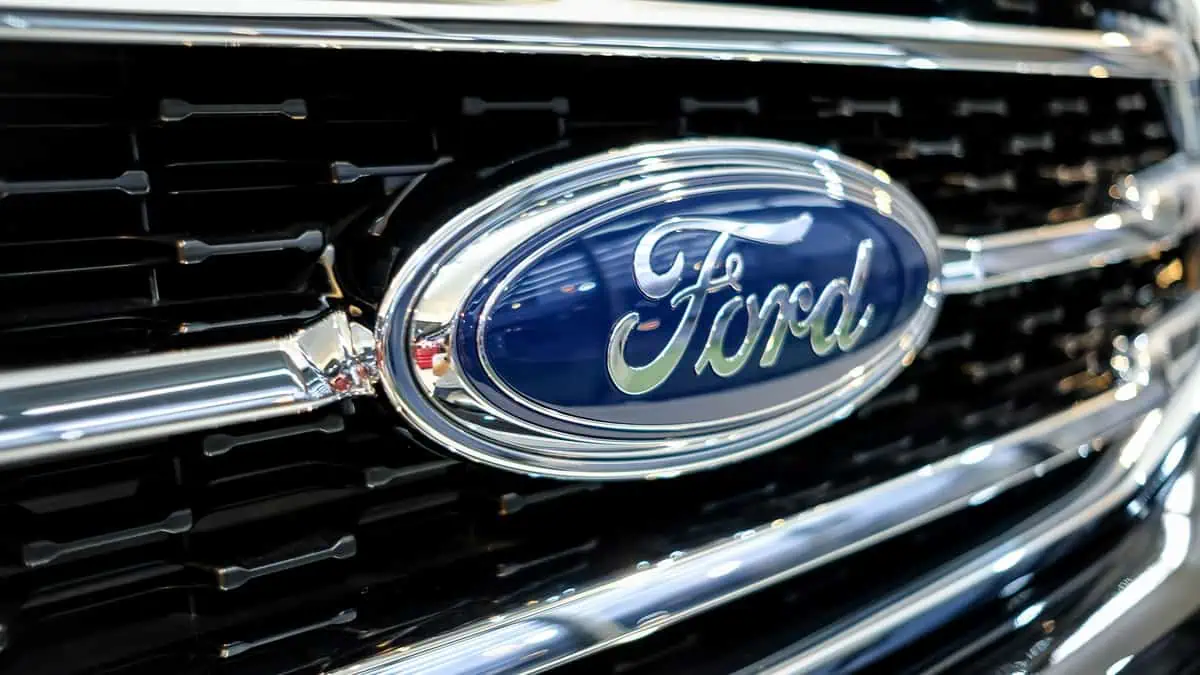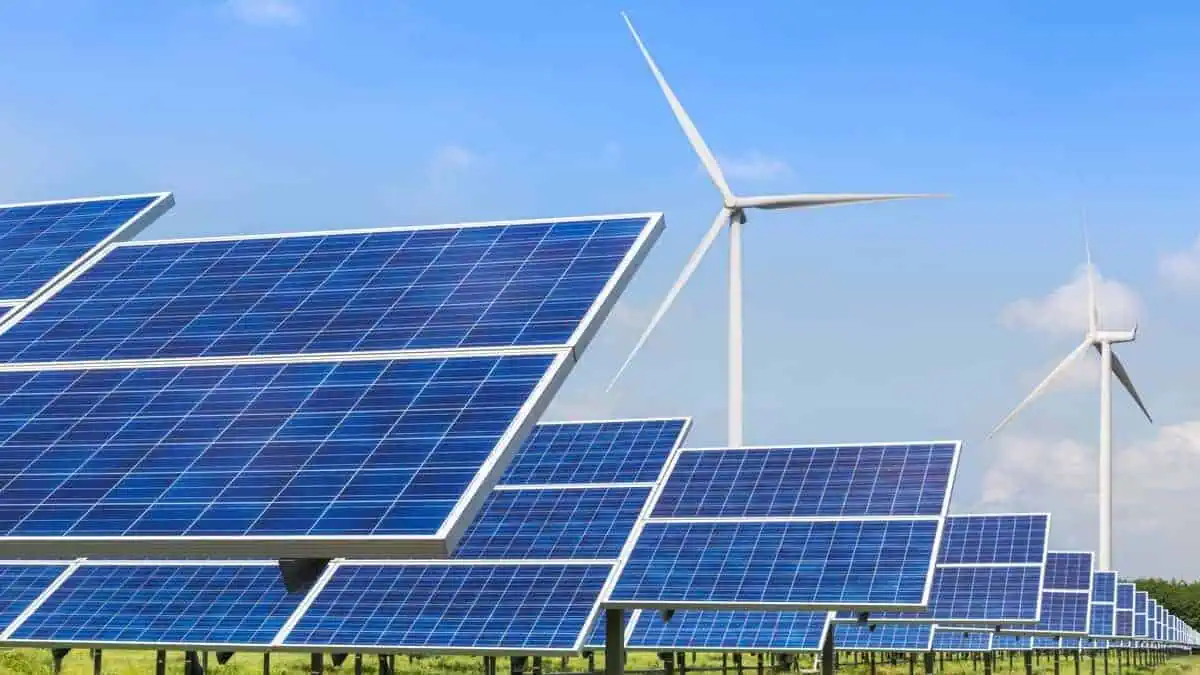China stopped offering electrification incentives. Ford is now the second-largest EV manufacturer in the US, and Tesla is having trouble selling its China-made vehicles, as per Jalopnik.
It Appears That Many People Want Lightnings and Mach-Es
Ford is fully embracing electrification, right down to its split branding, and so far, the strategy is working. Although the Blue Oval has yet to surpass Tesla in sales, it is getting closer every year.
Ford’s full-year electric vehicle sales set a new record at 61,575 units, making it the second-largest EV manufacturer in America. Ford’s EV sales increased by 223 percent in December and by 126% for the year.
One of the few midsize crossovers available on the electric market, the Mach-E is roomier than more compact models like the Kia EV6 or Subaru Solterra. Is that contributing to its astronomical sales?
After Subsidies disappeared, Chinese EV manufacturers gave discounts
While the US struggles with its federal EV incentives, China is adopting a different strategy by eliminating them. Since the nation’s EV subsidy finally ended as planned, automakers must either raise their prices or absorb the difference.
China is taking a different tack than the US by canceling its federal EV incentives altogether. A long-planned sunset of the nation’s EV subsidy was finally implemented, forcing automakers to either raise prices or absorb the difference.
According to Reuters, Tesla (TSLA.O) was forced to offer deeper discounts to maintain sales as demand declined in the world’s largest market. It is reportedly due to China’s decision to end a more than a ten-year-old subsidy for purchasing EVs.
Because of the pandemic, the government decided to postpone the end of 2020 deadline for the phase-out of its support program for EV manufacturers and battery suppliers.
Tesla, XPeng (9868. HK), and SAIC-GM-Wuling (600104. SS), (GM.N) have chosen to maintain consumer prices at the same level in January as China struggles with the upheaval of an increase in COVID-19 cases. Its economy is expanding at the slowest rate in decades.
According to a Reuters analysis, the subsidy made up between 3% and 6% of the cost of the top-selling electric cars in China last year. According to the Reuters count, other EV producers, such as SAIC-Volkswagen (VOWG p.DE) and BYD (002594. SZ), have increased prices for some models. At the same time, they elected to foot the bulk of the subsidy bill.
China-Made Tesla Sales Slump
However, it appears that those discounts were unsuccessful for Tesla. Since July, the company has shipped fewer units from its Shanghai plant.
Moreover, Tesla shut down the plant over the holiday season to lessen the supply on the market. The China Passenger Car Association (CPCA) released data on Thursday showing that Tesla (TSLA.O) delivered 55,796 EVs made in China in December. Notably, it is the automaker’s fewest delivery in the previous five months.
Due to the American automaker’s reduction in output and price cuts to address rising inventories and waning demand, sales fell by 21% from a year ago and 44% from November. A production line upgrade at Tesla’s Shanghai plant temporarily stopped most of the company’s output in July. This month’s deliveries have been the lowest since then.
Illinois Dealers Can’t Stop Direct Vehicle Sales
Competition is the one thing that dealerships detest the most. Specifically, a competition that skirts around their complex sales structure and benefits from it not existing. Therefore, instead of advancing, they sue and frequently lose, as they recently did in Illinois. Adapted from Automotive News.
Rivian Automotive, which produces its high-end EV in central Illinois, is now free to continue selling directly to customers in the state. It followed the dismissal of a lawsuit by the Illinois Automobile Dealers Association that disputed EV startup Lucid Group sales.
On December 19, Associate Judge David Atkins ruled that Rivian and Lucid‘s application for dealer licenses from the Illinois secretary of state for 2021 was valid. The state’s dealer association argued that, following state laws and regulations, only third-party franchisees might be given a license to sell new vehicles.
The appealable decision is the newest assault on the direct-sales model by dealer groups. Tesla is already the most prominent luxury automaker in the United States by sales, depriving franchised dealers of sizable profits. With direct-sales models, Rivian and Lucid are now following Tesla’s lead. Other EV manufacturers like Fisker and VinFast are getting ready to do the same.
Direct sales made possible by technological advancements like the internet have rendered dealerships unnecessary as money-grabbing middlemen! However, keep up the legal battles and lobbying; I’m sure that will win you more supporters.
Except for those who didn’t, everyone had a bad fourth quarter
The latest sales data for the end of 2022 reveal some intriguing trends. Sales for almost all automakers are declining, but a select few succeed in remaining stable or even increasing year over year: Rolls-Royce, General Motors (except Buick), Genesis, Polestar, Rivian, Bentley, and Lamborghini. Being an EV manufacturer or outrageously wealthy is a good thing. Source: Automotive News.
The US automotive industry had a mixed year in 2022, much like it had in the beginning. Some automakers and brands had successful comebacks, while others had trying times they’d rather forget.
With sales up 44% at Chevrolet, 42% at GMC, and 75% at Cadillac, General Motors reported a 42 percent increase in fourth-quarter light-vehicle volume, driven by light-truck reliable deliveries. In the fourth quarter of 2022, Buick was the only GM brand to report lower volume, down 6.5 percent, bringing the brand’s declines to six straight quarters. Genesis Motor America also announced record December sales of 6,172 vehicles, up 23%, which helped the brand end the year with 56,410 vehicles, up 14%.






